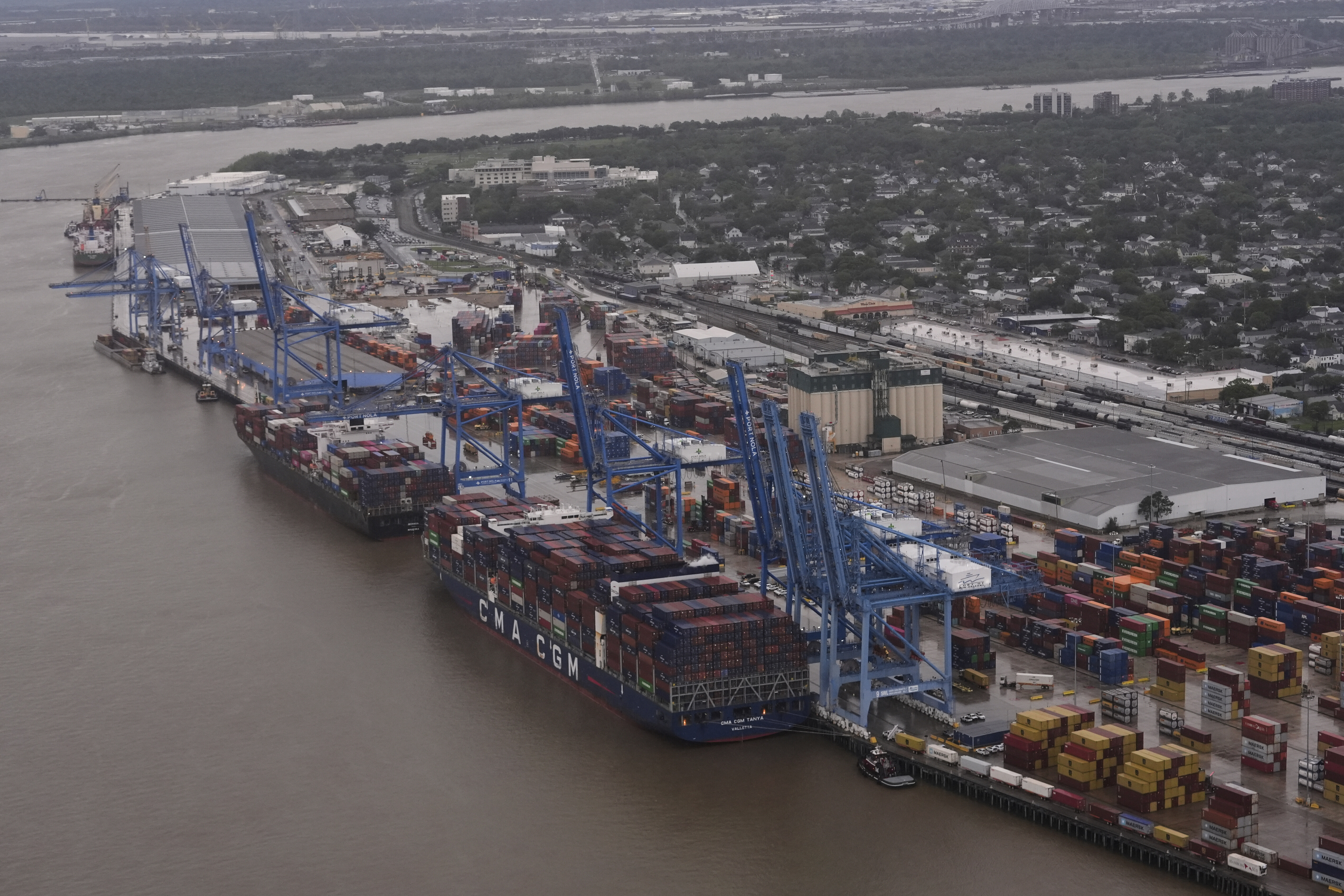While Turkish President Recep Tayyip Erdogan's police forces close newspaper after radio station after news website, and while Turkish armed forces pursue a veritable civil war with the Kurds, the European Union signals that it is ready to forever stain whatever reputation it once had.
After 29 years of humiliation and being held at arm's length, Turkey delights in the fact that it has completely turned the table on the European Union. On April 14, 1987, Turkey formally applied for membership of the European Community, which has since become the European Union. After almost three decades of standstill and of insults to Turkey's pride, it is now President Erdogan who calls the shots.
For this, Turkey needed no army. This time, there was no Ottoman force at the gates of Vienna.
Nor is the host of refugees Turkey's biggest ally. Erdogan can unleash a stream of refugees at his beck and call. Within Turkey's borders resides a huge number of refugees from a variety of nations, most of them Syrian. And as Turks, Kurds, Assad's forces, and fundamentalist groups such as Jabhat al-Nusra and the Islamic State battle it out, more desperate Syrians join the ranks of the refugees every day.
No, Erdogan's real army is the millions of very angry European voters who simply want an end to the influx of refugees. Erdogan is counting on voter fear among his European peers.
The heads of state do not fail to disappoint. The elected leaders of the EU member states appear to be in a state of shock. As poll numbers turn against them because of the refugee crisis, they desperately want a deal -- any deal -- to stem the refugee tide.
They will look away from Erdogan's many atrocities against his own people and especially against the Kurds, if only Erdogan signs a contract that will oblige him to take back refugees from Greek islands and prevent people from stepping into leaking dinghies, choosing peril over uncertainty in Turkey.
The European Union's leaders in principle have now agreed to taking refugees "one for one," as per Turkey's suggestion. Every Syrian taken back by Turkey from the Greek islands will be processed in Turkey and then flown to EU nations that sign up to the deal. Most Eastern European member states have already flat-out refused to accept any refugees within their borders, so it will be a sort of coalition of the willing -- mainly Western European countries -- that will have to redistribute the refugees among themselves.
Aside from this, Turkey has demanded a doubling of the annual funds promised by the European Union for shelter relief for the approximately 2.7 million refugees already in the country. Yet all that didn't quite satisfy Erdogan. At the last moment, he added the demand that the European Union restart in earnest the stalled accession process. The EU member states swallowed the poison pill and agreed.
Principles don't vote. People do
Western Europe's leading politicians privately wince at having to deal with Erdogan. But they also admit that they have little choice.
Poll numbers show that many voters want an end to the seemingly endless stream of refugees trudging along Europe's pastures in search of a better life, of peace and prosperity. Right-wing extremist parties are either winning elections or seem more destined with each image of refugees to do so.
Huge logistical problems in some countries are also forcing hands. Sweden's resourcefulness has been pushed to its limits, while in the Netherlands, the government is having severe difficulties finding enough shelter to house the many displaced. In Germany, local government services have effectively collapsed, unable to cope with the influx.
What these nations are looking for is an orderly way to distribute refugees -- to buy time and increase their societies' absorption capacity and public support for giving shelter. And all this before spring sets in, when the weather in the Aegean Sea calms down, temperatures rise, and refugees will again set out on boats in the mass numbers seen at the end of last summer.
The agreement to restart Turkey's accession talks is publicly ridiculed by some leading players in the European Union. The party of Dutch Prime Minister Mark Rutte, who currently heads the rotating chair of the presidency of the Council of the EU, cynically said that sure, they will talk to Turkey about EU membership, but that it will never happen. There is no doubt that the Turkish embassy relayed those remarks to Ankara.
Between a rock and Erdogan
The European Union doesn't have much of a choice indeed. It either deals with Erdogan, or it will in the end have to take more desperate and certainly harsh measures. Leaders of some right-wing parties now making strong gains in polls are increasingly giving voice to what those harsher measures would be.
The leader of the Alternativ für Deutschland, or AfD, for instance suggested that German police be allowed to shoot at refugees trying to cross the border. The vice-chairwoman of the AfD later clarified that children should be left alone, but mothers and women are "sensible," so border police should be allowed to use lethal force against them if needed.
And so this is why Europe's leaders are prepared to dance with the devil in Ankara. Their successors may have very different views on how to solve the humanitarian problem. Better to take the initiative now and solve the problem.
(AP photo)












